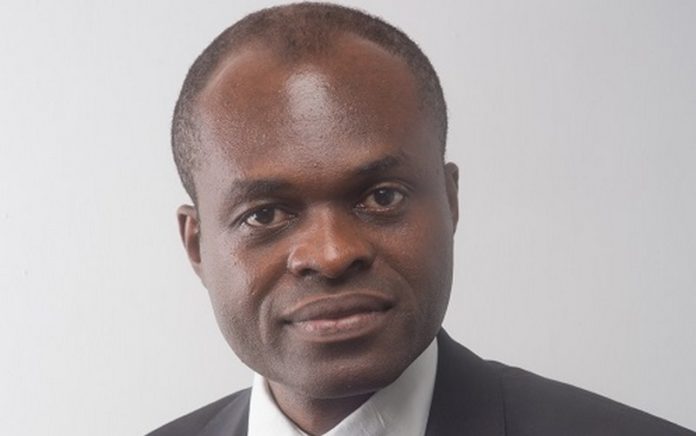Martin Kpebu, a private legal practitioner, has described as “bad” the timing and processes for the proposal to appoint new justices to the Supreme Court.
Mrs Gertrude Araba Esaba Torkonoo, the Chief Justice, had in a letter dated May 30, 2024, addressed to the President, Nana Addo Dankwa Akufo-Addo, recommended the appointment of five justices to the Supreme Court.
The judges recommended in the letter are: Justice Angelina Mensah Homiah; Justice Eric Kyei Baffour, Justice Edward Amoako Asante, Justice Cyra Pamela C.A. Koranteng, and Justice Afia Asare Botwe.
Speaking on TV3’s “Key Points” programme, on Saturday, Mr Kpebu questioned the timing, explaining that with the country due for elections in about five months, it was inappropriate for the President to make new appointments.
He noted that the proposed nominees although competent, such an appointment if needed to be done, must be left for the new President after the 2024 elections.
“The nominees are not bad, it is the timing that is bad. These are fine justices, but it is about procedure and timing, this debate is not about competence at all.”
On procedure, he said, the CJ failed to follow due processes, which required that for the President to appoint Supreme Court justices, there had to be a recommendation from the Judicial Council to that effect.
“There must be a recommendation from the Judicial Council. If the President has not received advice from the Judicial Council he cannot start,” Mr Kpebu said.
Mr Nelson Dafeamekpor, also a Private Legal Practitioner, speaking on the same programme, said the Chief Justice breached the Constitution, adding that she “exercised powers she didn’t have”.
Mr Dafeamekpor, who is also the Member of Parliament for South Dayi, noted that the country had enough justices at the Supreme Court and, therefore, needed no additional judges.
Currently, there are 15 justices in the Supreme Court.
Mr Dafeamekpor questioned why a Supreme Court judge was made to sit as an additional High Court judge, explaining that it increased the workload at the apex court.
“We have 123 High Court judges, we have 32 Court of Appeal judges….Yet, you are bringing Supreme Court judges to high court matters and yet you are complaining that you are inundated with work at the uppermost level.
“So, keep Supreme Court judges at the supreme level, don’t bring them two floors lower,” he stressed.
Nana Ohene Ntow, Senior Advisor to Alan Kyerematen, Founder of the Movement for Change, proposed the setting up of specialized courts, to oversee specific cases, adding that such courts must have finite powers on cases they handle.
He said that would lessen the burden on the apex court.
Why should all land cases end up at the Supreme Court, why should all business cases end up at the Supreme Court, and why should all matrimonial cases end up in the system? Why don’t you create a specialised court that has finite authority?” He asked.
ALSO READ:
- Judicial Council was against CJ’s recommending 5 judges – NDC
Chief Justice justifies request for more Supreme Court judges

